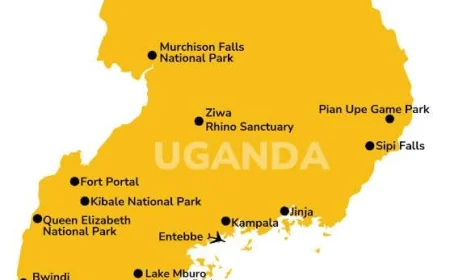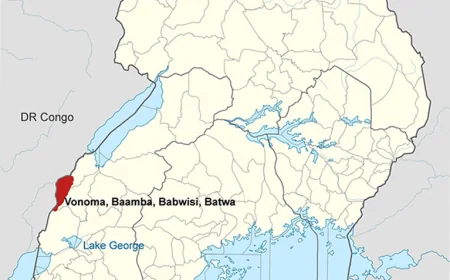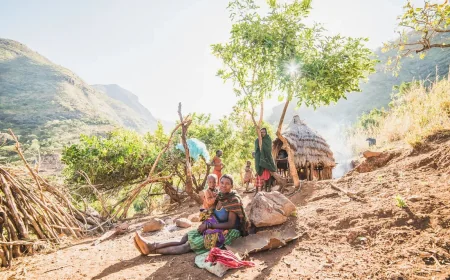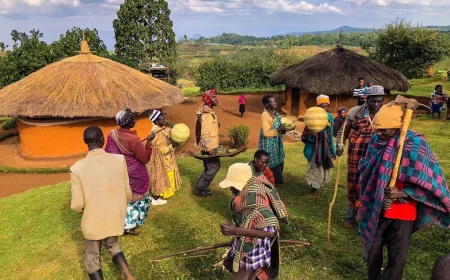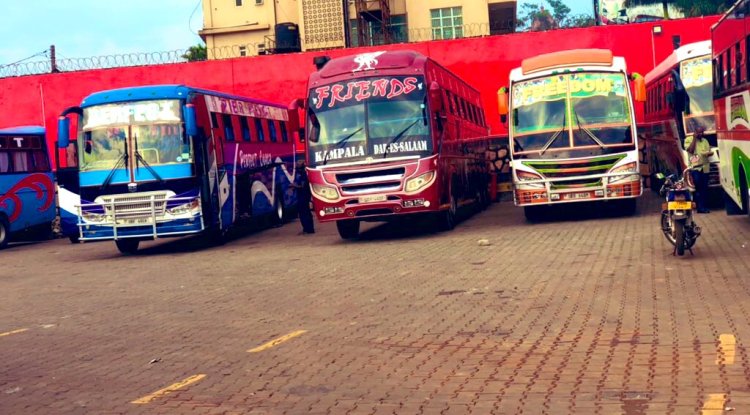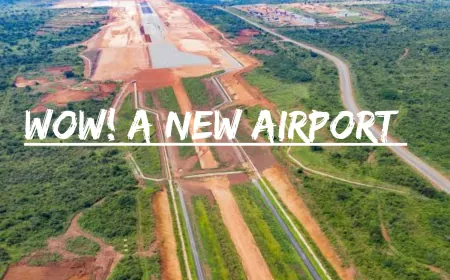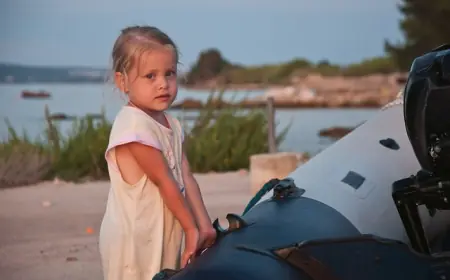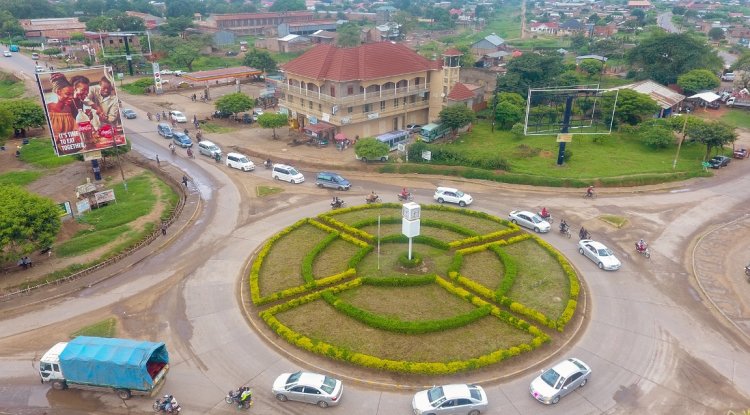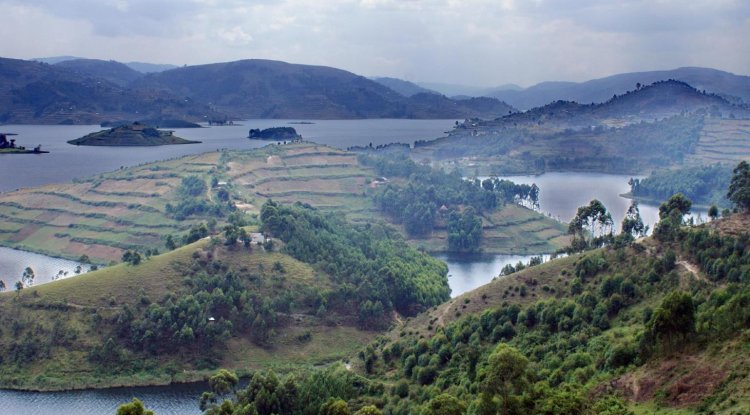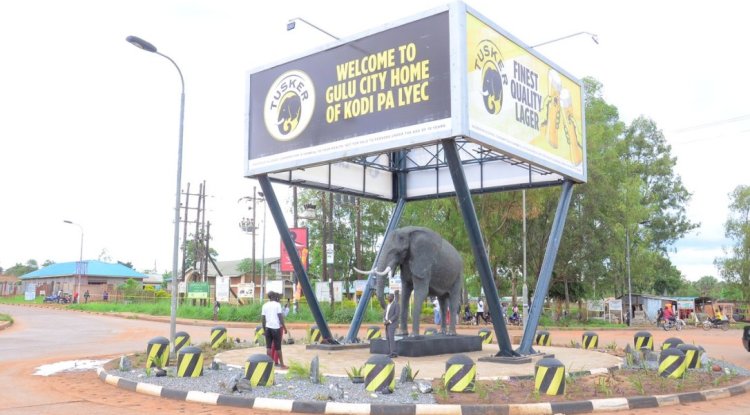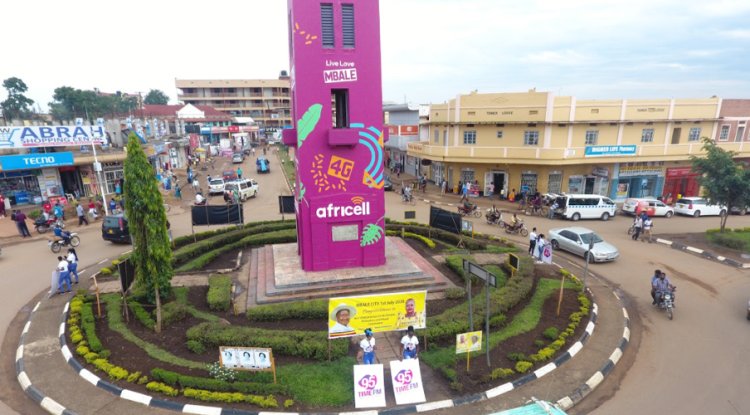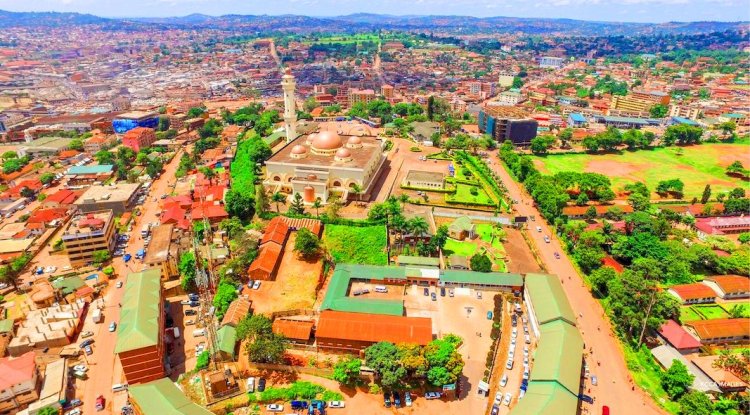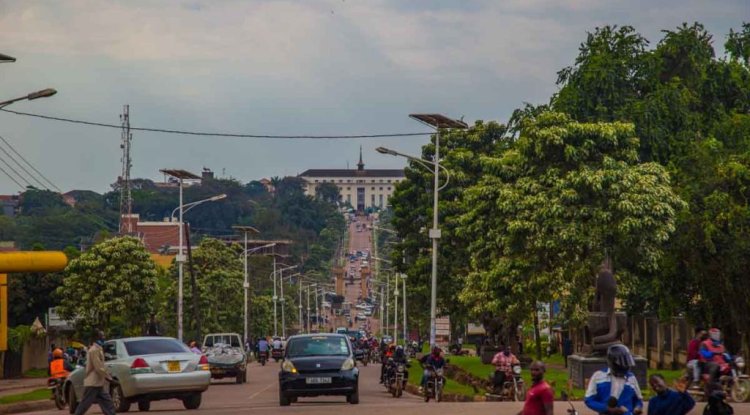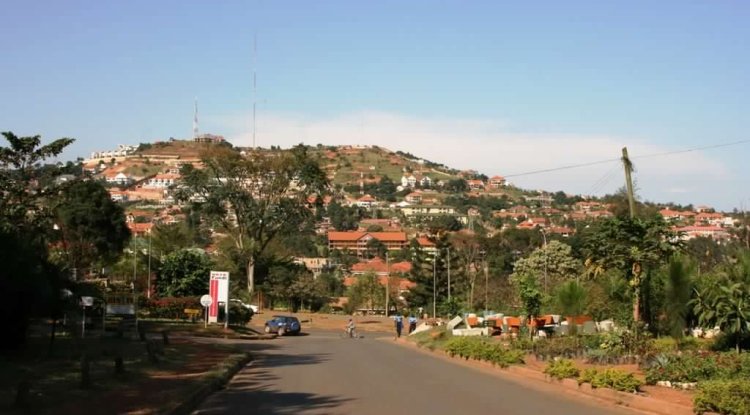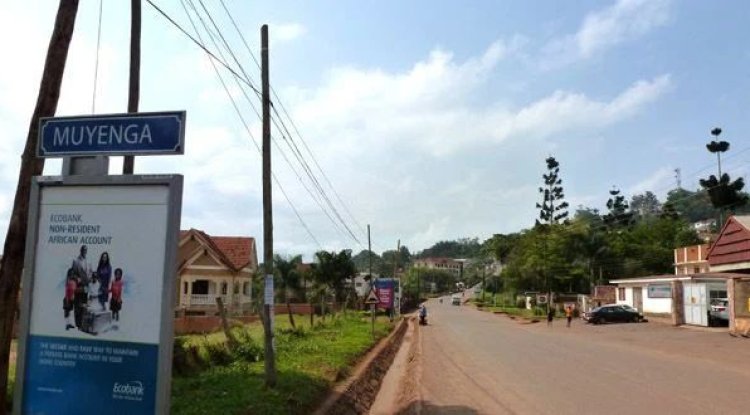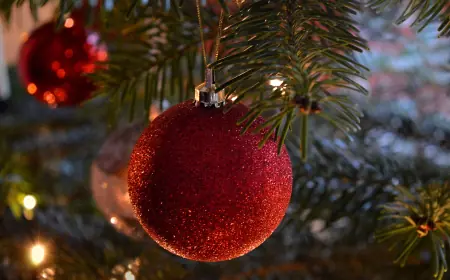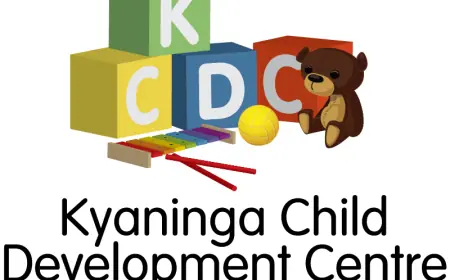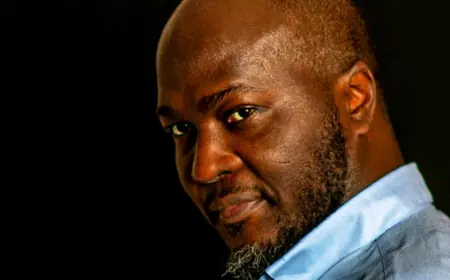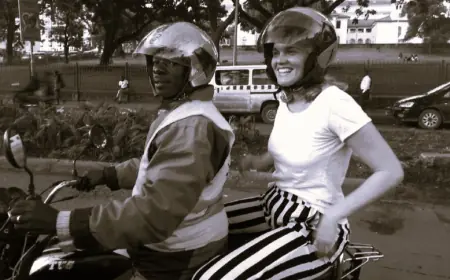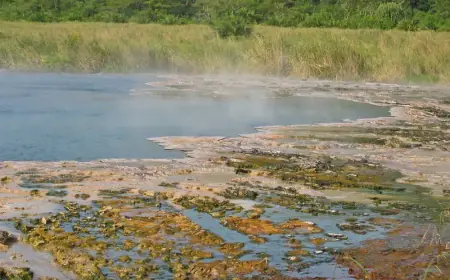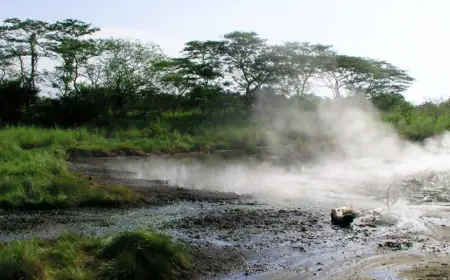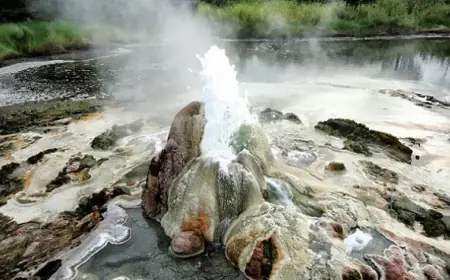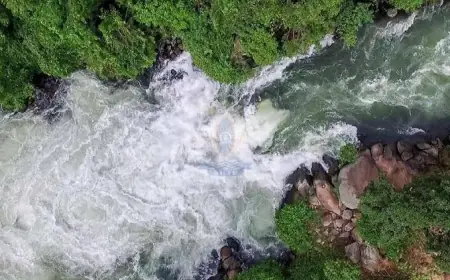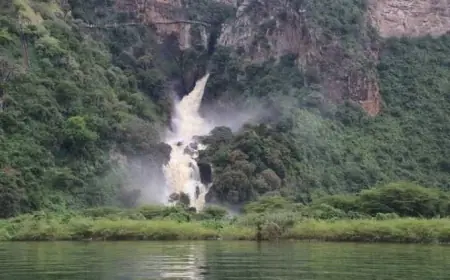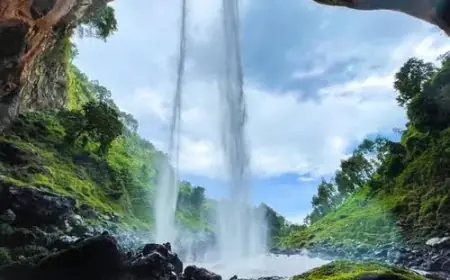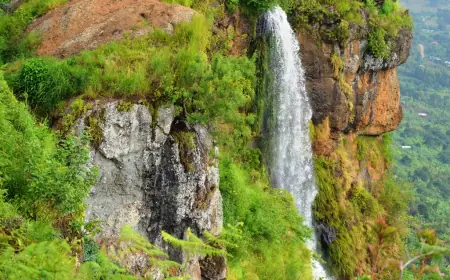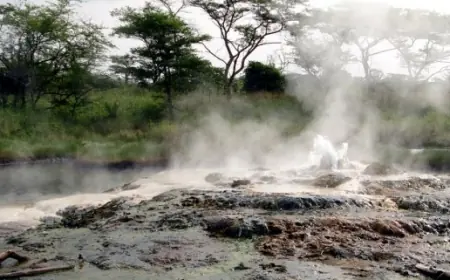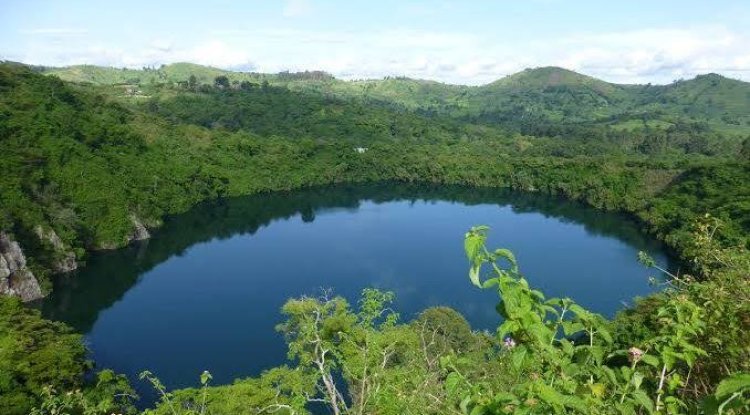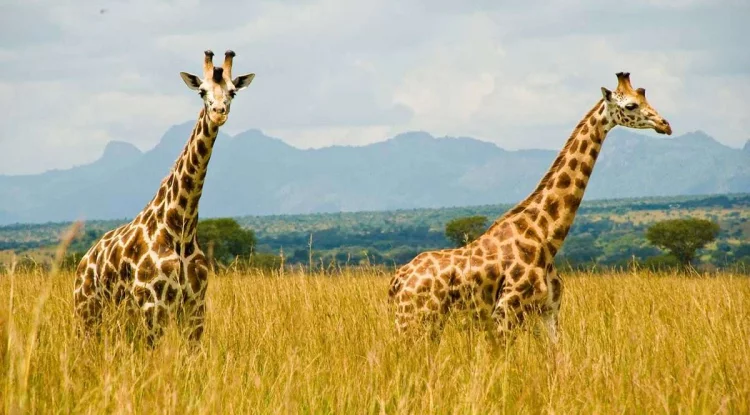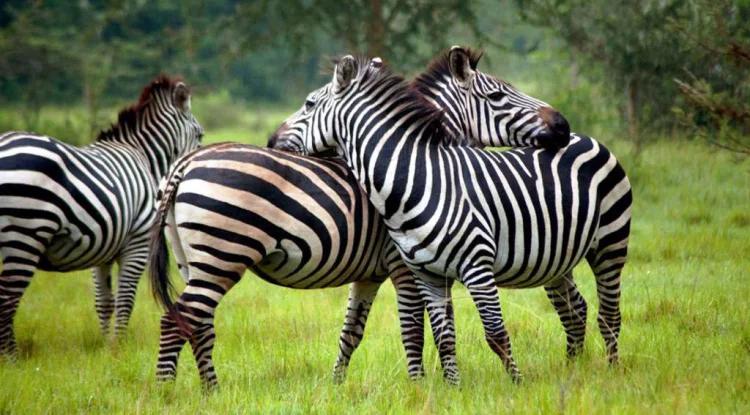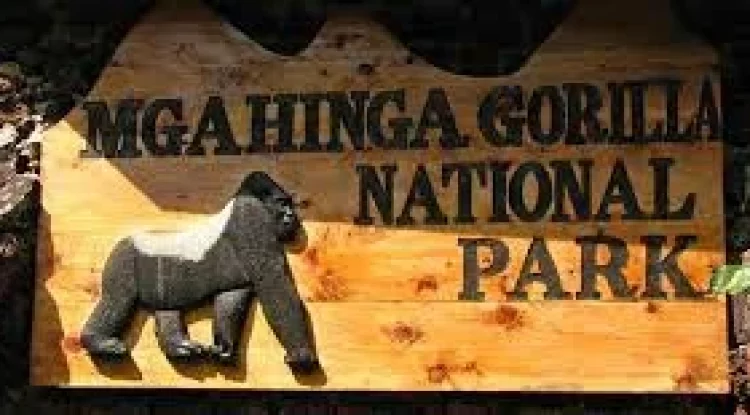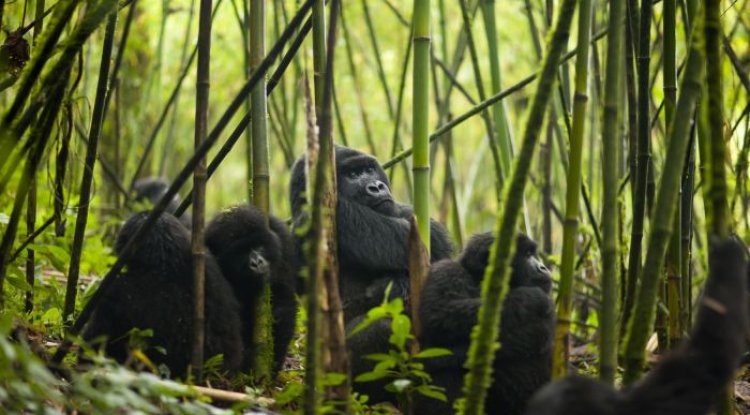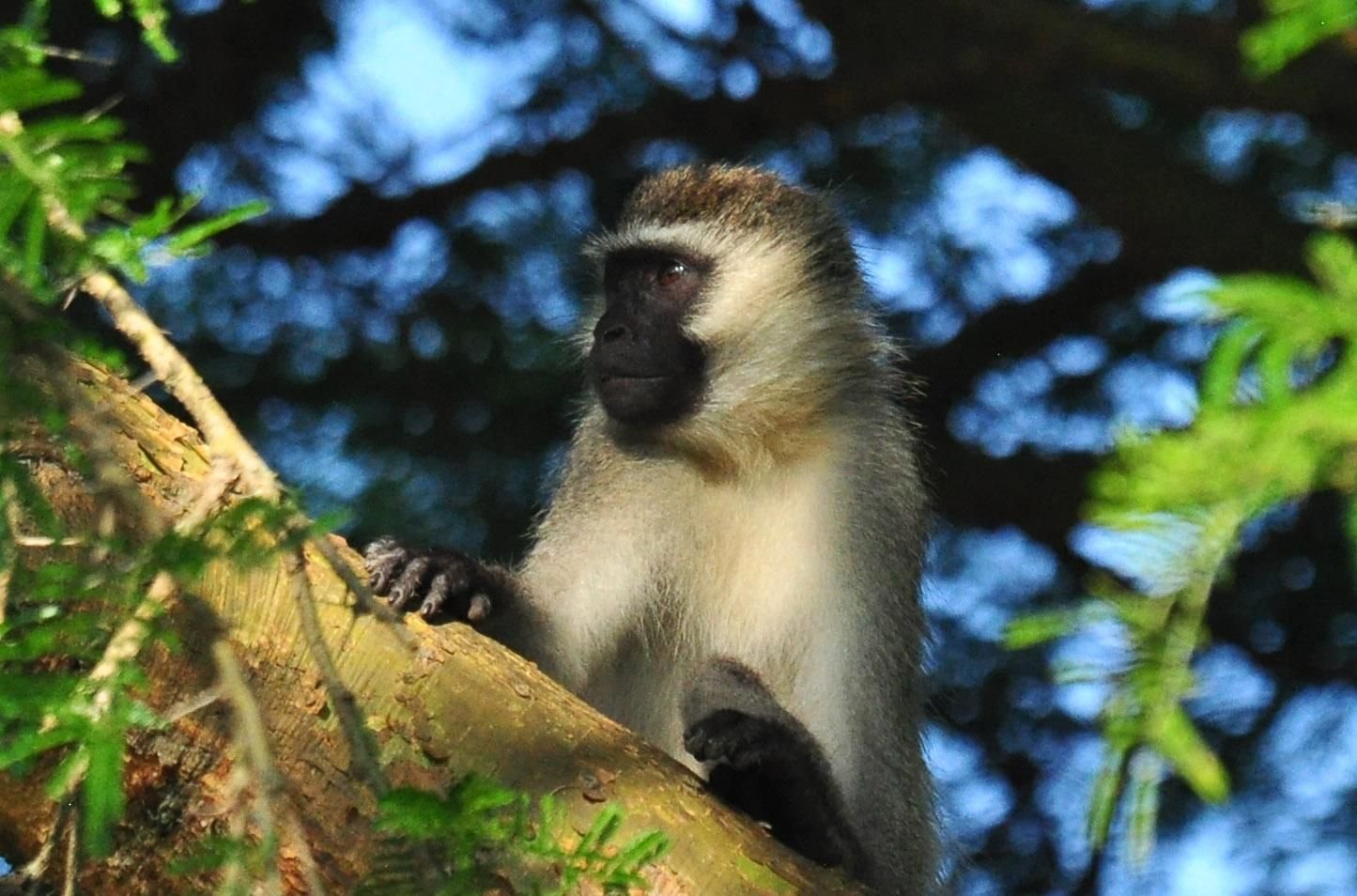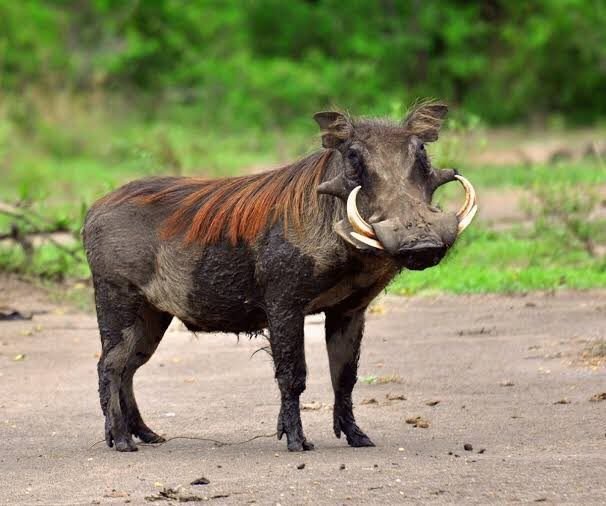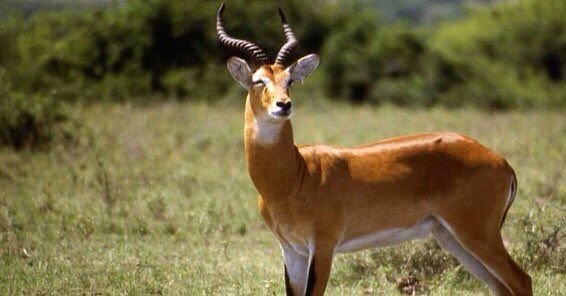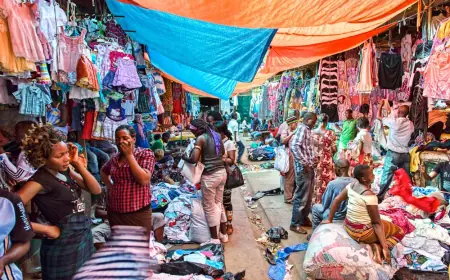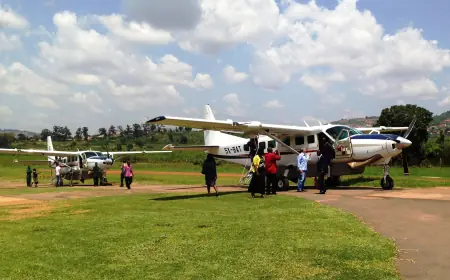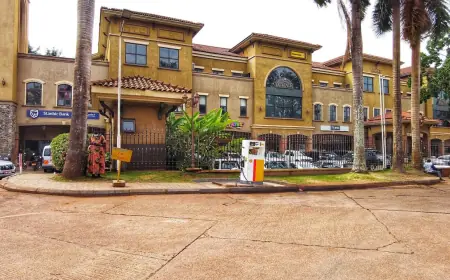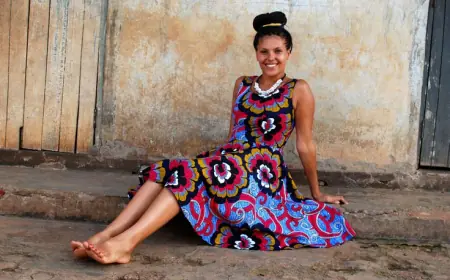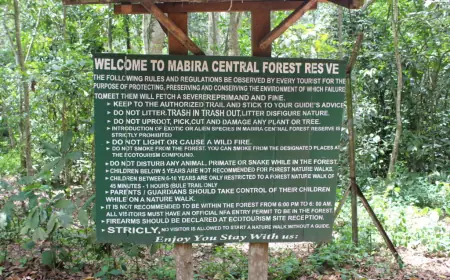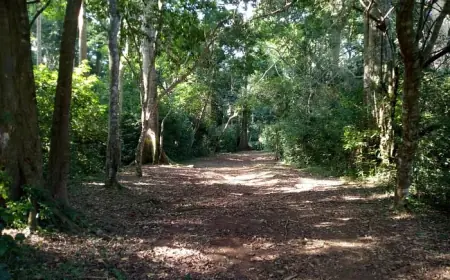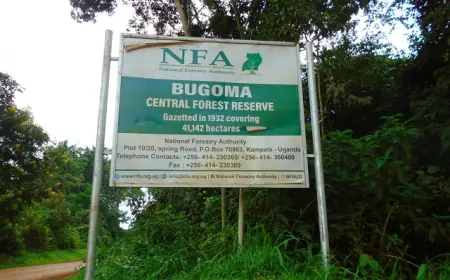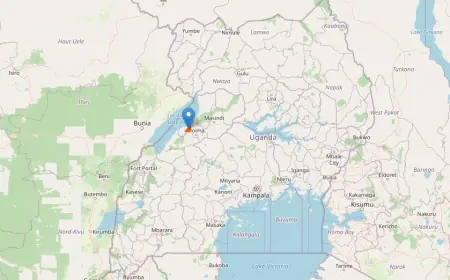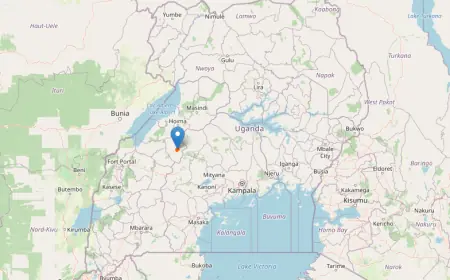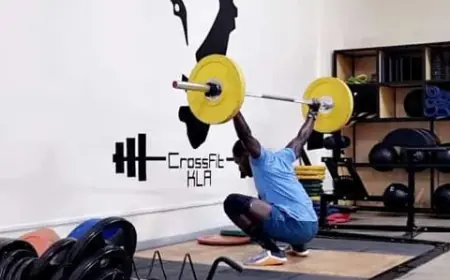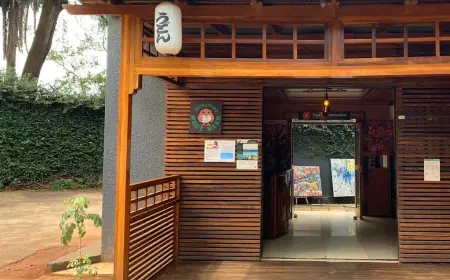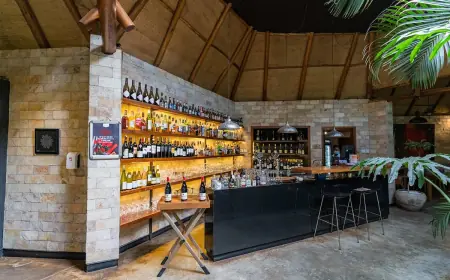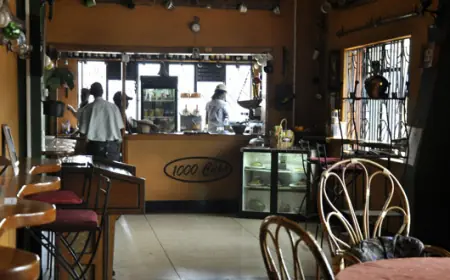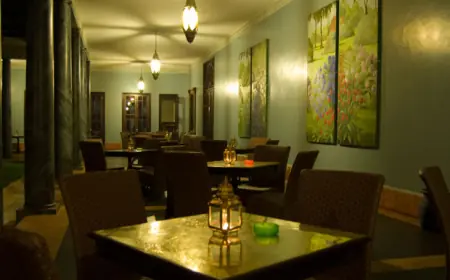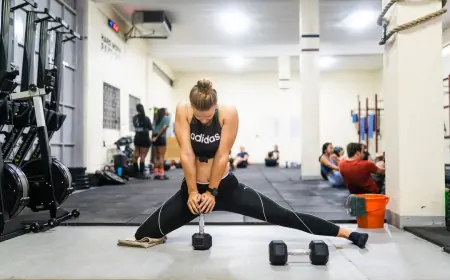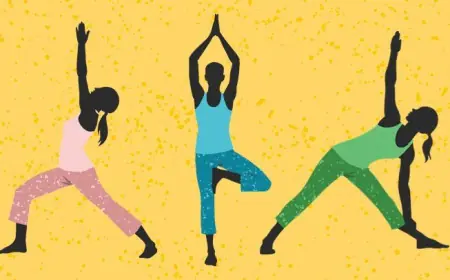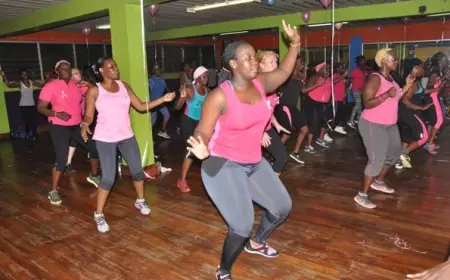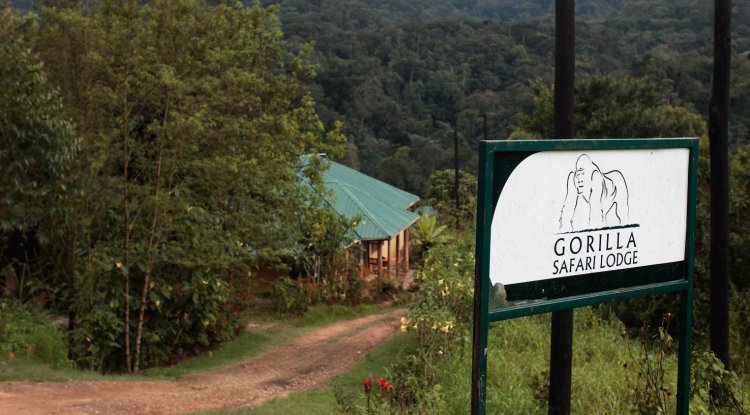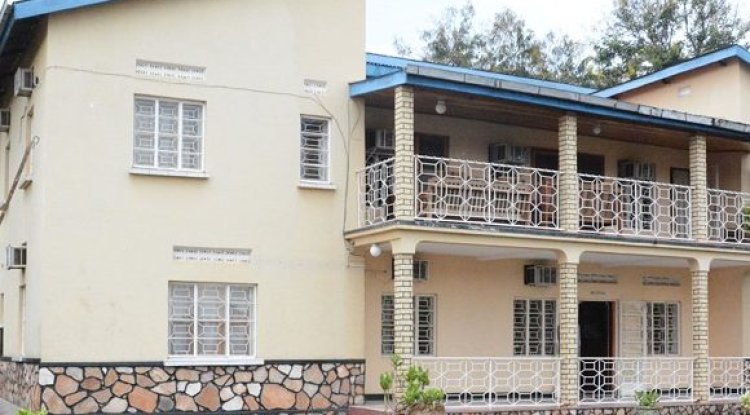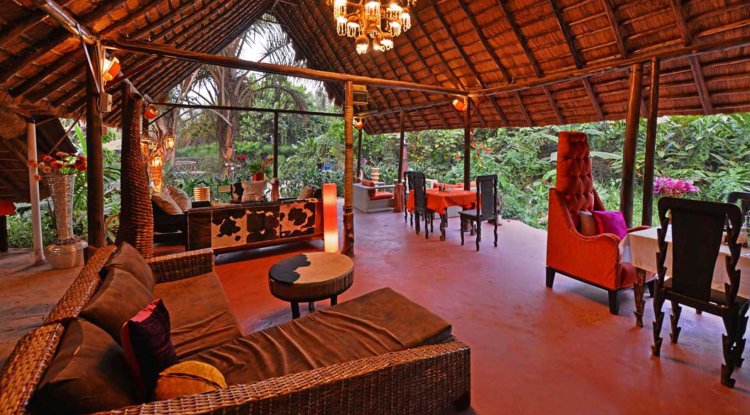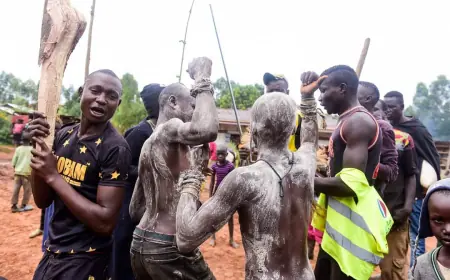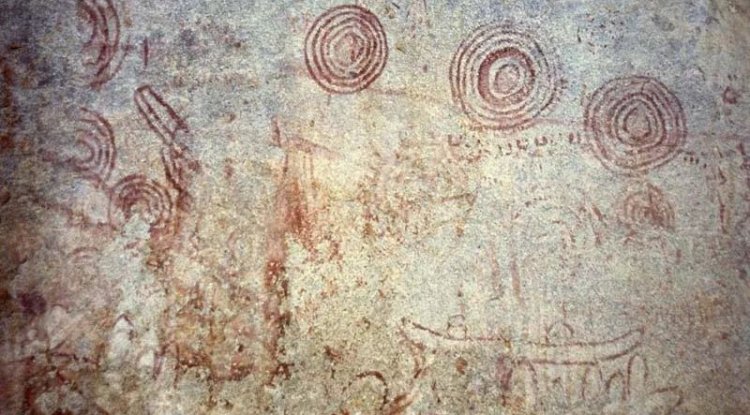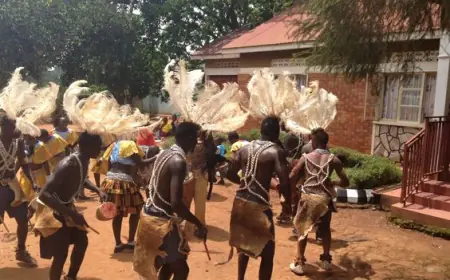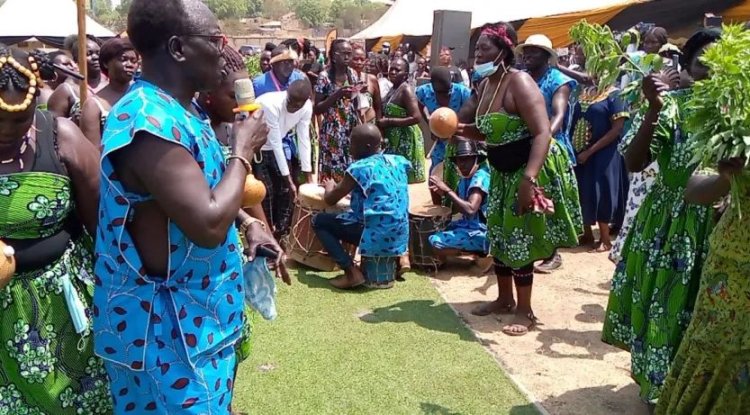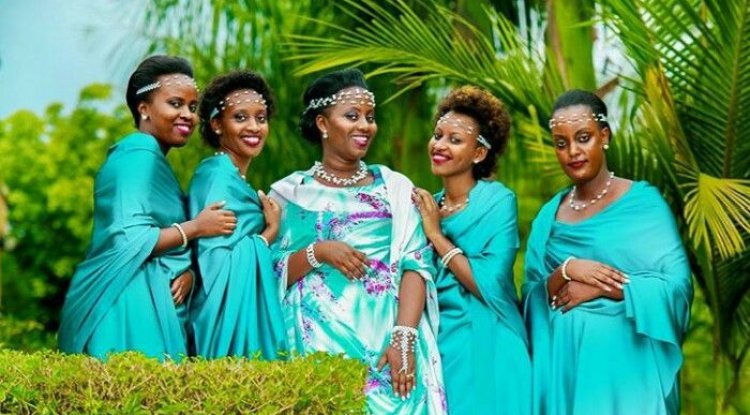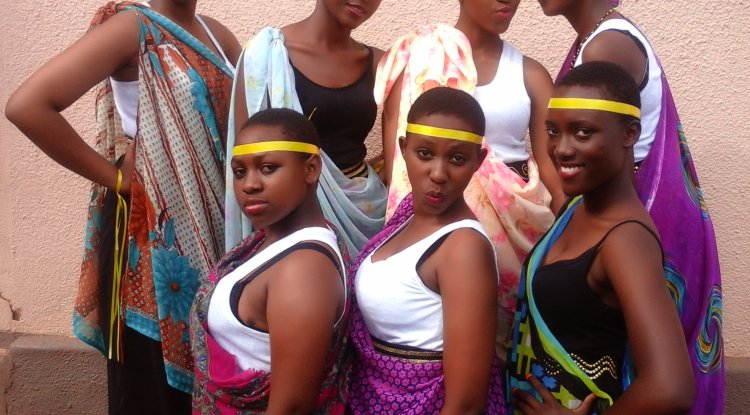The Mvuba Tribe
The Mvuba live in DRC (Kinshasa) and western Uganda, in the northern foothills of the Rwenzori Mountains, near Uganda's border with DR Congo. They belong to the Pygmy people cluster of the Sub-Saharan African affinity bloc.
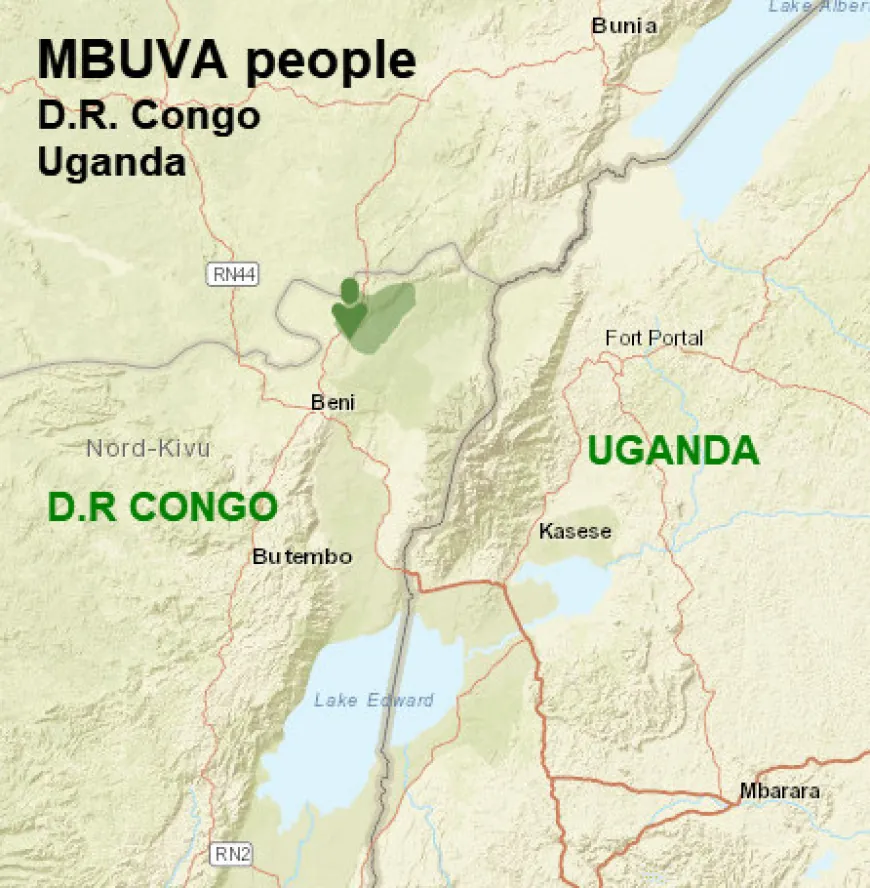
Once upon a time, in the shadow of the mighty Rwenzori Mountains, there existed a tribe whose story was whispered by the winds and echoed through the ancient forests. These were the Mvuba (aka Bavuba) people, a community steeped in mystery, resilience, and a deep connection to the land.
The Forgotten Pygmies
The sun had just begun its ascent, casting a golden hue upon the lush greenery of the northern Rwenzori foothills. Here, nestled between the borders of Uganda and the Democratic Republic of the Congo (D.R. Congo), the Mvuba tribe thrived. Their origins were shrouded in legend, whispered around campfires, and etched into the bark of ancient trees.
Who Are the Mvuba?
The Mvuba are part of the Pygmy people cluster, a group with roots deep in the heart of Sub-Saharan Africa. Their primary language, fittingly named Mvuba, binds them together. In Uganda, their numbers hover around 9,000 souls, their existence often overlooked by mainstream narratives. But their story is one of resilience, adaptation, and guardianship.
The Journey from Sudan to the Rwenzori
Legend has it that the Mvuba once roamed the vast savannas of Sudan. Driven by forces beyond their control, they embarked on a journey southwestward, seeking refuge and a new home. Their path led them to the fertile lands of present-day D.R. Congo, where they settled among indigenous communities, including the Batwa.
But fate had more in store for them. Crossing the border into Uganda, the Mvuba found themselves in the embrace of the Vonoma, Baamba, Babwisi, and Batwa tribes. Here, they integrated seamlessly, their traditions blending with those of their newfound neighbors.
Life in the Foothills: Agriculture and Guardianship
1. Agriculture and Fishing
The Mvuba are both agriculturalists and fishermen. Their hands work the soil, coaxing yams, cassava, and groundnuts from the earth. Yams and cassava form the backbone of their diet, sustaining them through the seasons. From cassava flour, they bake bread—a staple that graces their tables alongside beans, groundnuts, and the bounty of the Semliki River.
2. Custodians of Cocoa Capital
But there’s more to the Mvuba than meets the eye. They, along with the Vonoma, Baamba, and Babwisi, are the guardians of Bundibugyo district, Uganda’s Cocoa Capital. Over 70% of the 26,000 metric tons of cocoa exported annually from Uganda are nurtured in Bundibugyo’s fertile soil. The Mvuba, with their ancestral knowledge, tend to these precious cocoa farms, ensuring that the world savors the richness of their labor. Their cocoa, organic and exquisite, graces international chocolate brands, a testament to their guardianship.
3. Dress Code
Mvuba's clothing code is traditionally animal hide. Their current dress code includes Kitenge (from the Democratic Republic of the Congo).
Conclusion
As the sun dips below the Rwenzori peaks, the Mvuba gather around their fires. Their songs blend with the rustling leaves, and their stories echo through time. They are the forgotten guardians, the keepers of tradition, and the heartbeat of a land that cradles cocoa beans and dreams alike.
So, next time you savor a piece of fine chocolate, remember the Mvuba—their resilience, their whispers, and the cocoa that binds them to the earth.
What's Your Reaction?
 Like
1
Like
1
 Dislike
0
Dislike
0
 Love
1
Love
1
 Funny
0
Funny
0
 Angry
0
Angry
0
 Sad
0
Sad
0
 Wow
0
Wow
0
